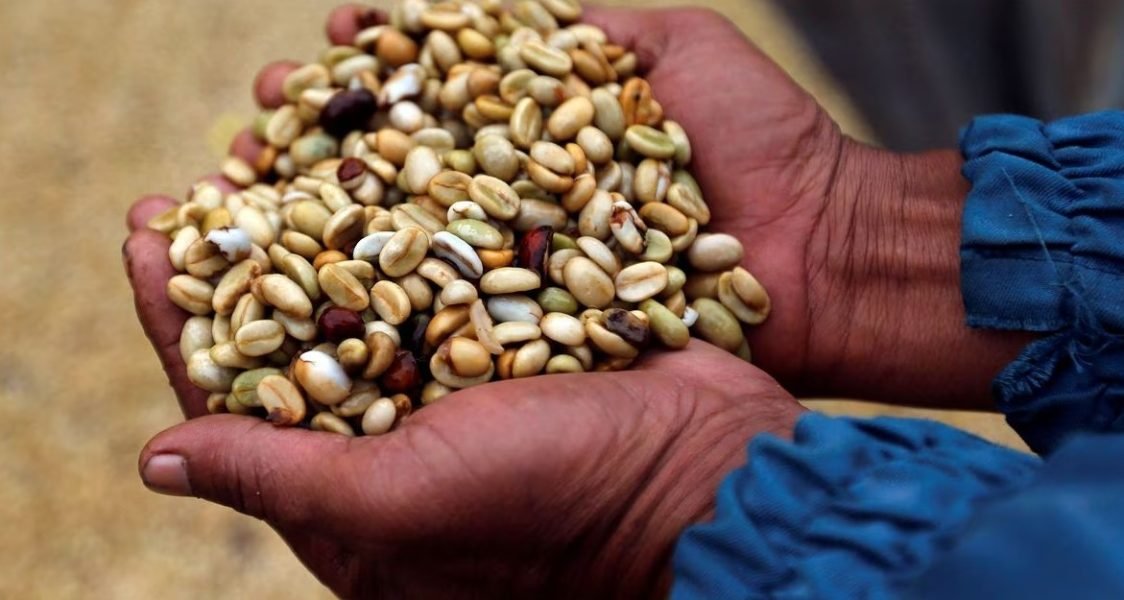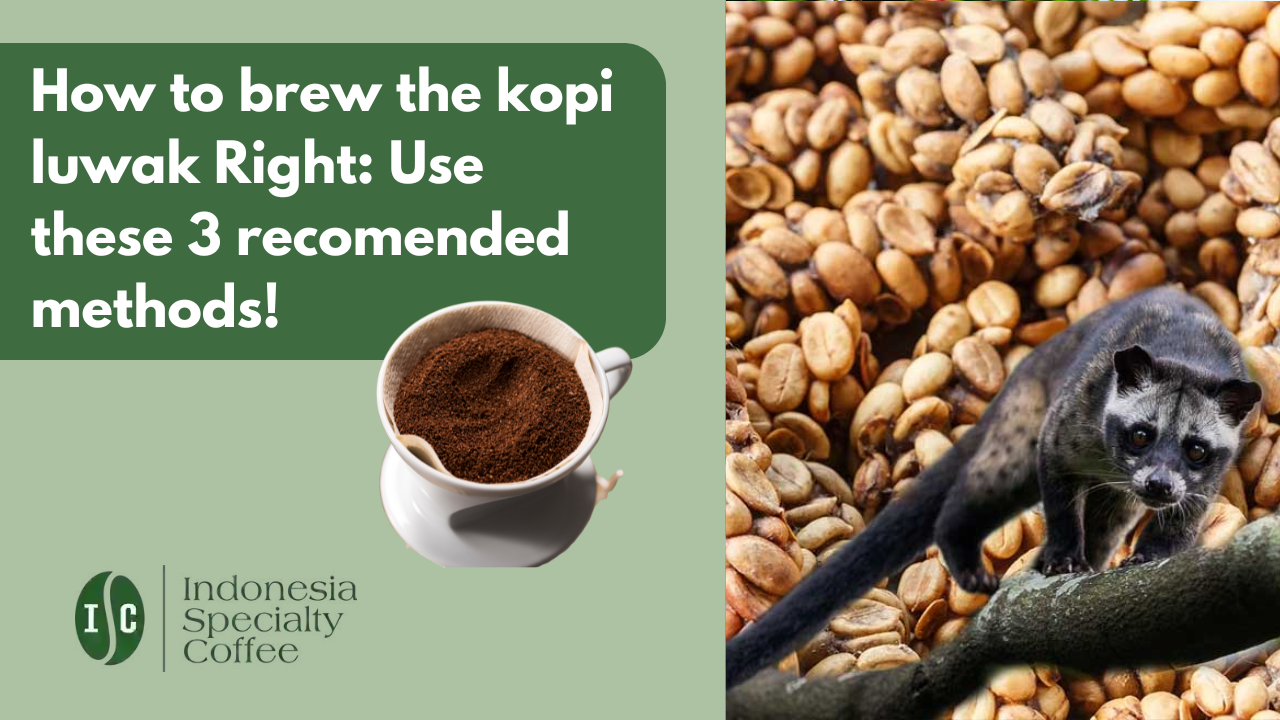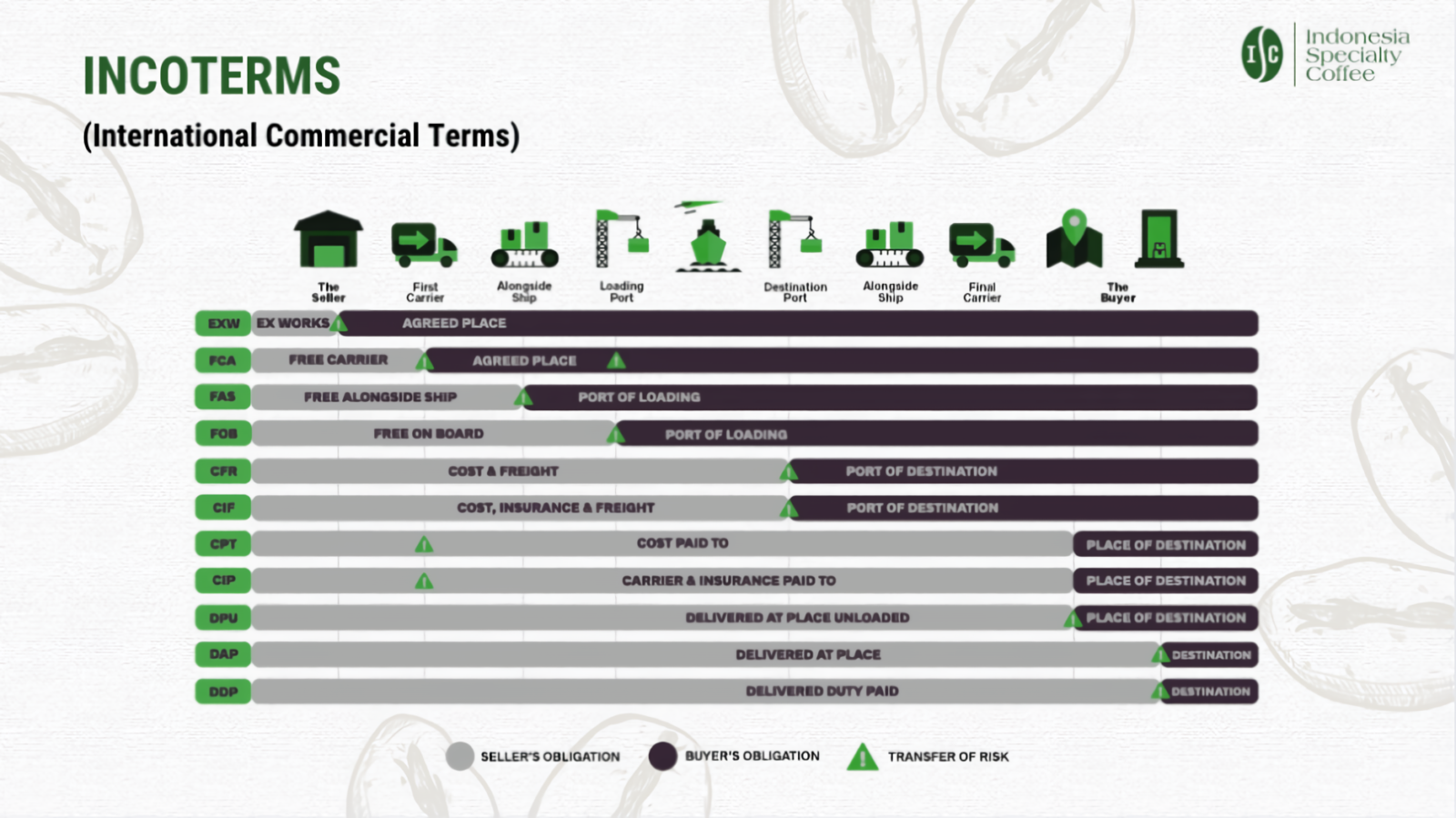Indonesia, an archipelagic nation renowned for its stunning landscapes and cultural diversity, is also a prominent player in the global coffee industry. Indonesian coffee beans, grown in various regions across the country, have gained international recognition for their unique flavors and distinct characteristics. In this comprehensive article, we will delve into the intricate world of Indonesia coffee bean prices, exploring the factors influencing them, analyzing recent trends, and examining the implications for both local farmers and the global coffee market.
Indonesia Coffee Landscape
Indonesia coffee industry is known for its diverse range of coffee varieties, with some of the most well-known being Sumatra, Java, Bali, Sulawesi, and Flores coffee. Each of these regions boasts its own unique microclimate, elevation, and processing techniques, leading to coffee beans with distinctive flavors, aromas, and qualities. Indonesian coffee is celebrated for its full-bodied, earthy, and sometimes fruity flavors, which have garnered a dedicated following among coffee enthusiasts worldwide.
Expanding on the landscape of Indonesia coffee industry, it’s crucial to highlight the diverse regions and the unique characteristics that make the country a captivating and significant player in the global coffee market. Indonesia’s coffee landscape encompasses a wide array of coffee varieties, each with its distinct flavors, production methods, and historical significance.
- Sumatra Coffee: Sumatra, one of Indonesia’s largest coffee-producing regions, is renowned for its distinctive coffee beans, often labeled as “Mandheling” or “Lintong.” These beans are primarily grown in the rugged highlands of North Sumatra. Sumatran coffee is known for its full-bodied, earthy, and often spicy flavors, with a hint of tobacco or cedar. The wet-hull process, unique to Sumatra, contributes to its bold taste and low acidity.
- Java Coffee: Java, one of the earliest coffee-producing regions in Indonesia, has a rich history of coffee cultivation dating back to the colonial era. Java coffee is characterized by its well-balanced, mild flavor with a hint of nuttiness and a medium body. The island’s coffee production has faced challenges due to crop diseases, but it remains an integral part of Indonesia’s coffee heritage.
- Bali Coffee: Bali, known for its picturesque landscapes and cultural richness, also produces coffee beans of note. Bali coffee is recognized for its sweet, fruity, and sometimes floral flavors. Coffee is grown on the fertile volcanic soil of the island, contributing to its unique profile. Bali has gained recognition for its sustainable and organic coffee production practices.
- Sulawesi Coffee: Sulawesi, formerly known as Celebes, is home to Toraja coffee, which is celebrated for its complexity. These beans are characterized by a rich body, low acidity, and a symphony of flavors, including herbal notes, earthiness, and spiciness. Sulawesi’s unique processing method, known as “wet-hulling,” contributes to the distinct flavor profile of Toraja coffee.
- Flores Coffee: The island of Flores has been gaining attention for its arabica coffee production in recent years. Flores coffee is known for its bright acidity, floral notes, and a medium body. The unique climate and volcanic soil of the region contribute to the coffee’s unique flavor profile.
- Papua Coffee: Papua, the easternmost region of Indonesia, is another emerging coffee producer. Papua coffee is often grown in the rugged highlands, contributing to its distinct character. The coffee from this region is known for its bright acidity, fruity notes, and unique profiles, which can vary depending on the specific area within Papua.
- Luwak Coffee: Indonesia is also famous for its unique and somewhat controversial “Luwak” or civet coffee. This coffee is made from beans that have passed through the digestive system of civets, a small mammal. The fermentation process in the civet’s stomach is believed to alter the beans’ composition, resulting in a unique, milder taste. However, ethical concerns regarding civet coffee production have led to increased scrutiny.
- Robusta and Arabica: Indonesia produces both robusta and arabica coffee varieties. Robusta coffee is known for its higher caffeine content and bold, bitter taste, making it a common choice for instant coffee. Arabica, on the other hand, is celebrated for its nuanced flavors, mild acidity, and is often associated with specialty coffee production.
- Altitude and Microclimates: Indonesia’s diverse geography offers a wide range of altitudes and microclimates, contributing to the unique flavors of its coffee. High-altitude regions, such as Aceh in Sumatra and Toraja in Sulawesi, often produce coffee with intricate flavor profiles, while lower-altitude areas may yield beans with different characteristics.
- Traditional Processing Methods: Indonesia is known for its traditional coffee processing methods, such as wet-hulling and sun-drying. These methods can influence the taste and body of the coffee, with wet-hulling contributing to the earthy and full-bodied nature of many Indonesian coffee.
In recent years, Indonesia’s coffee industry has seen a growing emphasis on sustainability, organic practices, and specialty coffee. Local farmers, cooperatives, and the government have been working together to promote sustainable farming methods and fair trade practices. The rise of specialty coffee, with its focus on unique flavor profiles and ethical sourcing, has opened up new opportunities for Indonesian coffee farmers to cater to the ever-evolving global coffee market.
In conclusion, Indonesia’s coffee landscape is a vibrant tapestry of diverse regions, unique flavor profiles, and traditional processing methods. The country’s rich history and commitment to sustainability are reshaping its role in the global coffee industry, making Indonesian coffee an exciting and dynamic part of the world’s coffee culture.
Factors Influencing Indonesia Coffee Bean Prices
- Production and Supply
The supply of coffee beans plays a pivotal role in determining their prices. Factors such as weather conditions, crop diseases, and the overall health of coffee plants impact the production output. Variability in crop yield can lead to fluctuations in supply, which directly affect coffee bean prices. Indonesia’s susceptibility to volcanic eruptions and other natural disasters can also disrupt coffee production, causing price volatility.
- International Coffee Market
Indonesia is an active player in the global coffee market, and its coffee prices are influenced by international market trends. The Intercontinental Exchange (ICE) and the New York Coffee, Sugar, and Cocoa Exchange (CSCE) serve as critical platforms for coffee trading, and prices on these exchanges can impact the prices of Indonesian coffee beans. The global demand for coffee, changes in coffee preferences, and fluctuations in supply from other coffee-producing countries also affect Indonesia’s coffee prices.
- Currency Exchange Rates
The Indonesian Rupiah’s exchange rate against major currencies like the US Dollar has a direct bearing on coffee bean prices. When the Rupiah weakens against the US Dollar, it makes Indonesian coffee more attractive to international buyers, potentially increasing demand and, consequently, prices. Conversely, a stronger Rupiah can make Indonesian coffee less competitive on the global market.
- Labor Costs
The labor-intensive nature of coffee farming in Indonesia means that labor costs significantly impact the final price of coffee beans. Increases in labor wages can result in higher production costs, which may be passed on to the consumer in the form of higher coffee prices.
- Processing Methods
Indonesia’s traditional processing methods, like the wet-hull or “giling basah” process, are distinct and labor-intensive. The choice of processing method can influence the quality of coffee beans and, in turn, their price. The additional care and labor involved in certain processing methods can add to production costs, ultimately affecting the selling price.
Trends in Indonesia Coffee Bean Prices
- Volatility and Seasonal Variation
Indonesia’s coffee bean prices exhibit a certain degree of volatility due to various factors, including weather patterns, crop diseases, and shifts in global coffee market dynamics. Prices can fluctuate throughout the year, with seasonal variations often leading to higher prices during the harvest season and lower prices during the off-season.
- Sustainable and Specialty Coffee
In recent years, the global coffee market has witnessed a growing interest in sustainability and specialty coffee. Indonesian coffee farmers have started embracing sustainable farming practices, such as organic and shade-grown coffee production, which can fetch premium prices. Specialty coffee, with its unique flavors and processing methods, is also in demand and can command higher prices in both domestic and international markets.
- Direct Trade and Fair Trade
Direct trade and fair trade practices have gained traction in Indonesia’s coffee industry. Direct trade involves direct relationships between coffee producers and buyers, eliminating intermediaries and ensuring a fair price for farmers. Fair trade certification also provides price stability and a social premium for the coffee-producing community, further influencing prices.
Implications for Local Farmers and the Global Coffee Market
- Economic Sustainability for Farmers
For local coffee farmers in Indonesia, fluctuations in coffee prices can have a significant impact on their livelihoods. Rising prices during the harvest season can lead to increased income for coffee farmers, while lower prices during off-seasons may necessitate financial planning and diversification of income sources. Embracing sustainable and specialty coffee practices can provide a stable income and long-term economic sustainability for farmers.
- Global Coffee Market Impact
Indonesia’s role in the global coffee market is crucial. As one of the world’s top coffee producers, changes in its coffee bean prices can influence global supply and demand dynamics. A surge in Indonesian coffee production can lead to an increase in global supply, which, if not matched by a corresponding increase in demand, can exert downward pressure on coffee prices worldwide. On the other hand, Indonesia’s efforts in promoting specialty coffee and sustainability contribute positively to the global market by catering to the demand for high-quality, ethically-sourced beans.
- Balancing Local and International Interests
Balancing the interests of local farmers with those of international buyers and coffee consumers is a continuous challenge for Indonesia’s coffee industry. Ensuring fair prices for farmers while maintaining competitiveness in the global market can be a delicate balance. Initiatives like direct trade and fair trade certifications are steps in the right direction, promoting equity and sustainability for local coffee communities.
Conclusion
Indonesia’s coffee bean prices are influenced by a multitude of factors, ranging from local production and supply to global market dynamics. The dynamic nature of coffee prices in Indonesia creates both opportunities and challenges for local farmers and the global coffee market. As the country continues to gain recognition for its diverse coffee varieties and sustainability efforts, understanding the intricate web of factors impacting coffee prices is essential for all stakeholders in the Indonesian coffee industry. By fostering sustainable and ethical practices and adapting to market trends, Indonesia’s coffee industry can continue to thrive while providing high-quality coffee to consumers around the world.







